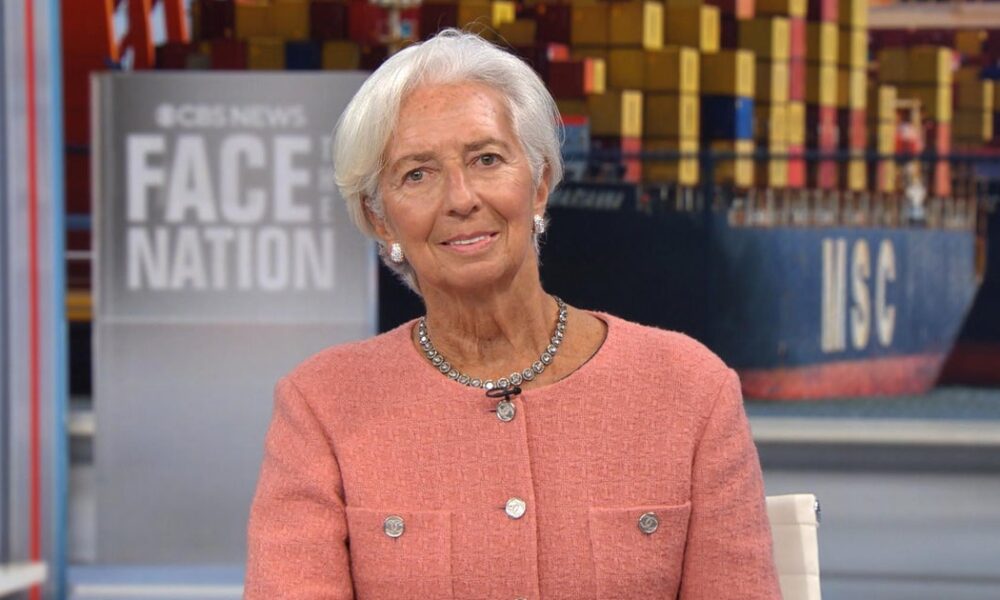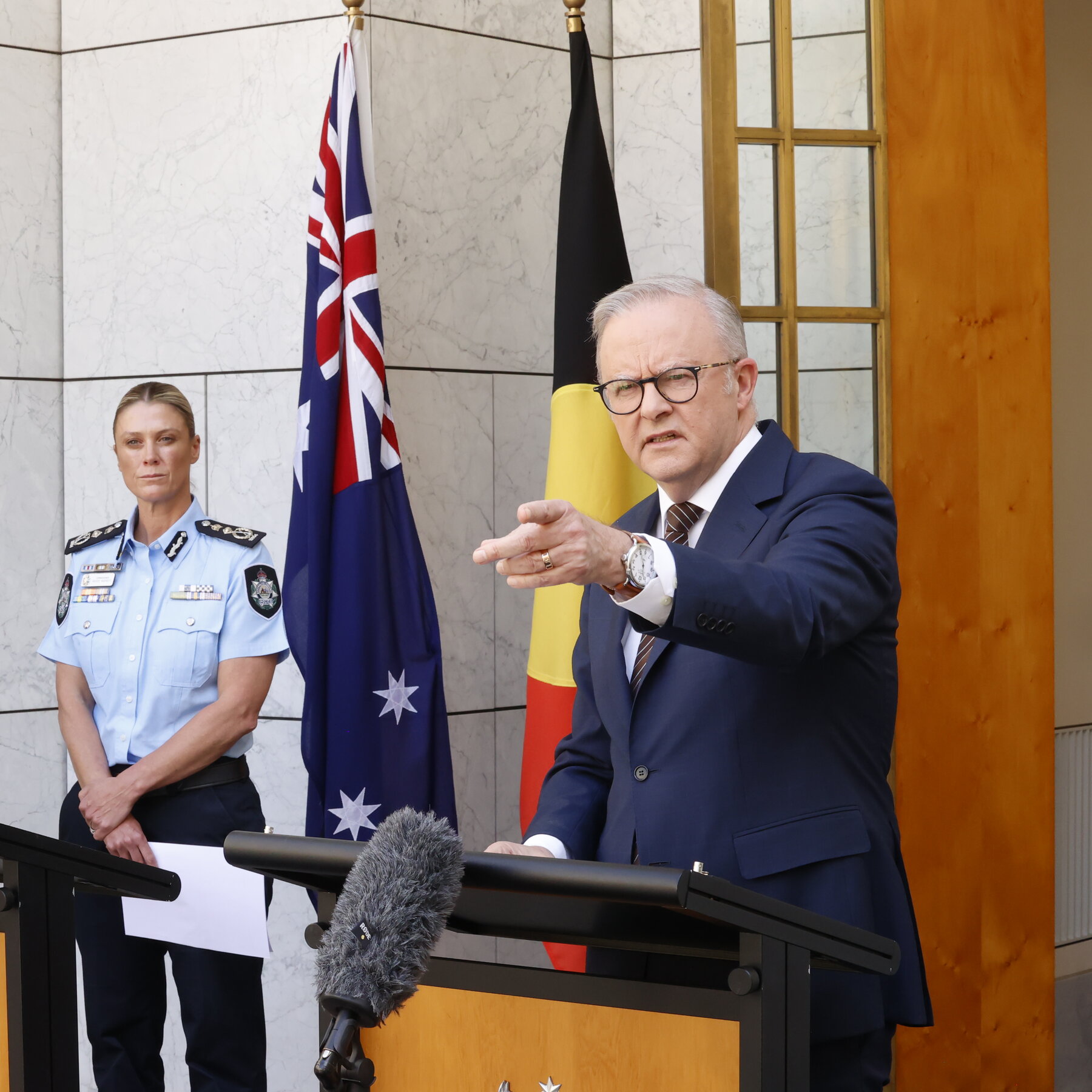In an interview on CBS’s “Face the Nation” on October 19, 2025, Christine Lagarde, the President of the European Central Bank (ECB), addressed the ongoing transformations in the global economy. Lagarde highlighted the impacts of tariffs and the rise of artificial intelligence as pivotal forces reshaping international trade and economic practices.
Tariffs and Trade Dynamics
Lagarde described the current economic landscape as one undergoing significant transformation, primarily driven by recent tariff implementations. She noted that these tariffs have altered the global trade map, leading to new alliances and fundamentally changing how countries interact economically. Lagarde stated, “The tariffs have changed the map of trade around the world and reconstituted new alliances.”
According to forecasts from S&P Global, tariffs imposed by the U.S. administration could cost global businesses upwards of $1.2 trillion in 2025, with many of these costs likely passed on to consumers. Lagarde expressed concern that the true consequences of these tariffs have not yet been fully realized. She explained that the additional costs resulting from increased tariffs, which have risen from 1.5% to 13% on European goods exported to the United States, will eventually impact consumers directly.
“At the moment, it’s one-third on the exporter, one-third of the U.S. importer, and one-third of the consumer,” she elaborated. However, she cautioned that as companies face tighter profit margins, they may be compelled to shift more costs onto consumers in the future.
U.S.-China Relations and Economic Implications
Discussion of U.S.-China economic relations also emerged during the interview, particularly in light of ongoing trade tensions. Lagarde noted the recent announcement from U.S. Treasury Secretary Scott Bessent about upcoming meetings with China’s Vice Premier as indicative of the tense negotiation landscape. She characterized the current rhetoric as typical negotiating tactics, emphasizing that both nations have vested interests in reaching an agreement.
“This is typical of negotiating tactics on both sides,” Lagarde said. “People will have to come to the table because it’s in the interest of both economies.” She pointed out that China currently has a strong position in rare earth exports, which adds complexity to the negotiations and may affect European and American consumers alike.
Lagarde acknowledged the frustrations expressed in the United States regarding Europe’s stance on China. However, she asserted that both regions share a common interest in addressing the challenges posed by China’s leverage in this sector. “The Europeans and the Americans are in the same boat and rowing in the same direction,” she stated.
The Dollar’s Status and Future Prospects
Lagarde also addressed growing concerns about the status of the U.S. dollar as the world’s dominant reserve currency. She indicated that recent trends suggest a slight erosion of the dollar’s attractiveness, partially attributed to the rise of cryptocurrencies and increased gold prices. “Gold has increased by more than 50% since the beginning of the year,” she noted, highlighting this as a sign of diminishing trust in the dollar.
She emphasized that for a currency to maintain its status, it requires geopolitical credibility and strong institutions. “Volatility and uncertainty, especially if fueled by the administration, are not helpful to the dollar,” she warned, referencing historical precedents of currency decline.
Support for Ukraine and Use of Frozen Assets
In discussing the ongoing conflict in Ukraine, Lagarde revealed that she had recently spoken with Ukrainian President Volodymyr Zelenskyy about utilizing frozen Russian assets for operational loans to support Ukraine’s recovery. She suggested that a coordinated approach among countries holding these assets could facilitate funding for reconstruction efforts.
“If all those countries holding assets… go in the same direction of lending the money to Ukraine to be repaid by Russian financing of the reconstruction, that would go a long way in convincing Russia to negotiate,” she stated.
Lagarde’s insights shed light on the complex interplay of global economic forces and the need for strategic collaboration among nations to navigate these challenges effectively. Her comments underscore the critical role that economic policies and international relations will play in shaping the future of the global economy.







